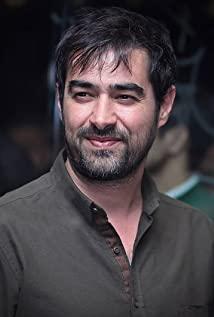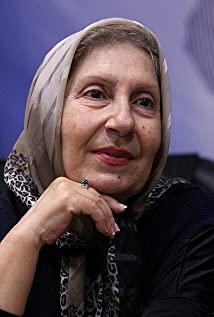But I am very concerned about why Westminster immigrated? Why does he think that children in China have no future? Overprotective? It seems that Iranian women are not only allowed to show their faces, work, drive and even smoke and divorce, the children are also very serious about history, Persian and Arabic, mathematics, and even religion is not a problem, the two Nader and Simin Little white-collar workers are not religious. This should be regarded as very civilized in the Arab world, and even a bit radical. What is the problem that makes her want to leave?
Here, the director did not focus on the conflict between tradition and reality in this ancient land, but in the details of Nader helping Teme memorize words, his attitude towards tradition is still very clear.
Although the issue of the gap between the rich and the poor is a trigger for the conflict at the heart of the story, the underlying problem lies in the realm of dignity and morality. From the perspective of today's China, the problem of the gap between the rich and the poor is really not prominent enough, at least the bottom gangsters who are unemployed and idle at home still drive motorcycles.
Even the creditors who collect debts will find the police to solve the problem, and they will sue the court when they encounter disputes. In such an Iran, the civilized legal system makes the people of the country ashamed.
The subtitles of the staff at the beginning of the film are in the form of passport scans, which is very creative. It is worth noting that more than half of the staff seem to be women.
The film ends when Teme is about to decide who to live with, and Nader and Simin sit outside the courtroom like strangers, waiting for that decision. This ending is really clever, and the audience still wants to know what Temey's final decision is, but thinking about it carefully, Temey's decision is no longer important, and everyone's heart is already full of trauma. The original intention was for a better life for the children, but in the end it hurt everyone, especially the children deeply.
So why? What is all this for? What is most important to them?
View more about A Separation reviews











